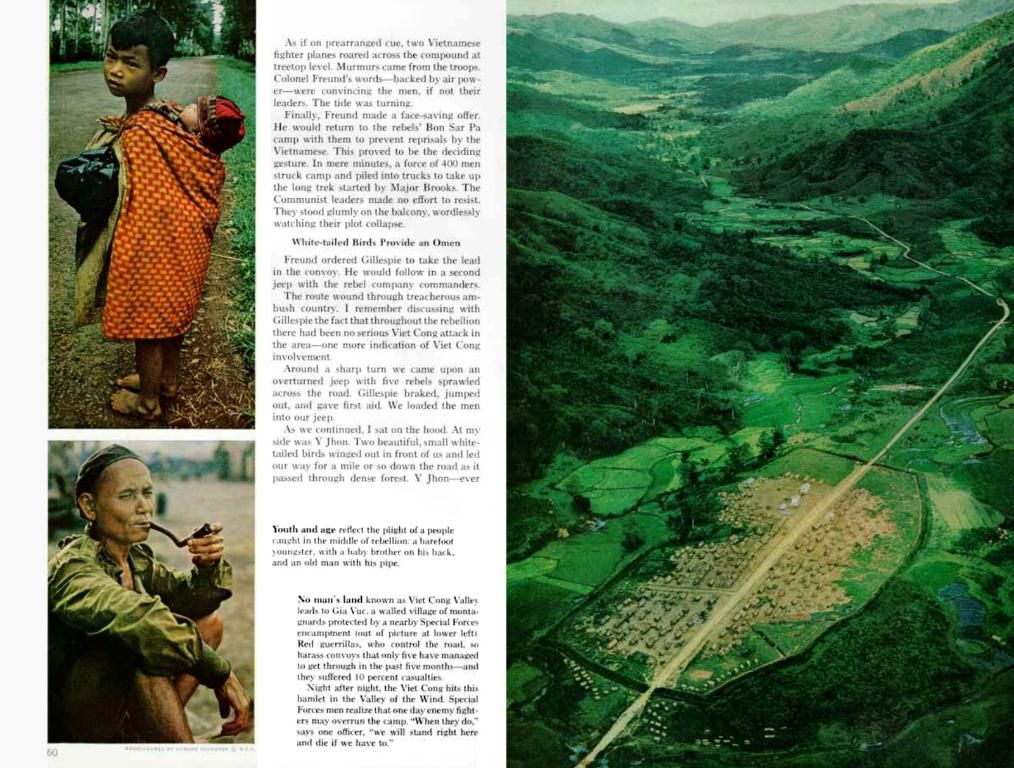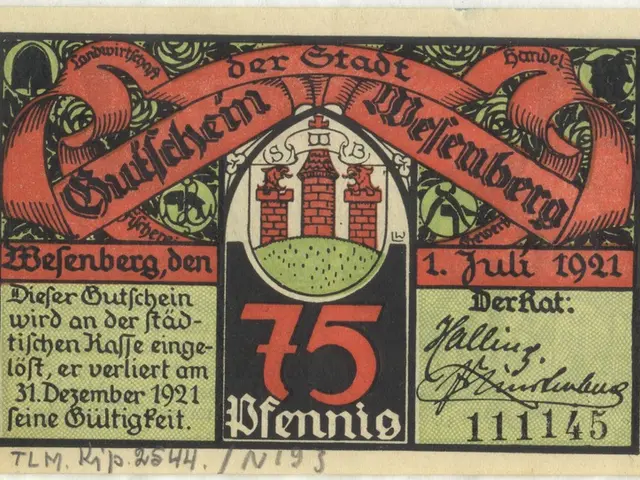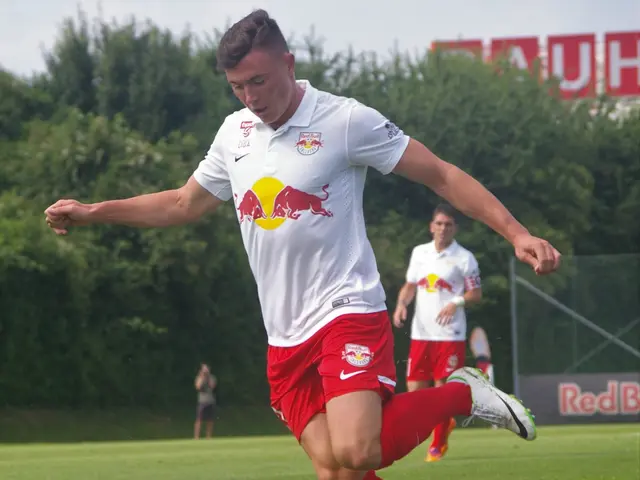Malaysian Heritage Players Shake Up Asian Cup Race
In a worldwide football landscape, Vietnam should step up, no longer trailing behind.
The recent defeat against Malaysia has jolted Vietnam's football scene, with the Southeast Asian rivals showcasing a new wave of heritage players from top European and South American leagues.
Last Tuesday's match, where Malaysia fielded nine foreign-born players with family ties to the country, left Vietnam's fans and analysts divided. Some viewed it as a wake-up call, signaling the need for a change in approach, while others felt deceived, playing against a team that, in their eyes, resembled a South American squad rather than a fellow Southeast Asian one.
To set the record straight, it's important to clarify that players like Joao Figueiredo, Rodrigo Holgado, and Facundo Garces, who were mistakenly labeled as 'imports' or 'naturalized players' by some media outlets, are eligible to play for the Malaysian national team due to their familial connections to the country and Malaysian citizenship. Malaysia's Football Association (FAM) has been proactive in scouting and recruiting these talents from far and wide, with plans to expand this network for future Asian Cup and World Cup campaigns.
During the match, Vietnam fielded two heritage players, Cao Pendant Quang Vinh, and Nguyen Filip. Yet, their impact was not enough to challenge a team boasting such an advantage.
Former national team coach Philippe Troussier, a divisive figure in Vietnam's football scene, once expressed the need for more overseas Vietnamese players if the team were to dream of reaching the World Cup. With legendary coaches like Pep Guardiola or Jose Mourinho at the helm, Vietnam might still find it challenging to qualify for the World Cup, he argued.
To date, Vietnam has invited only five heritage players - Dang Van Lam, Adriano Schmidt, Michael Nguyen, Nguyen Filip, and Cao Pendant Quang Vinh. In contrast, Indonesia and Malaysia have called up 36 and 25 respectively.
As the FIFA World Cup expands (and possibly grows to 64 teams in future editions), opportunities for qualification broaden. For nations without a well-established football system but aiming for success, one of the quickest paths is to identify and persuade existing heritage players to represent their nation. The trade-off here leans towards a slightly conservative view of cultural and ethnic values.
The world is steadily becoming more interconnected, with borders and skin colors becoming less influential compared to the ambition and desire to contribute to a player's beloved nation. One should remember the statistic that without Nguyen Xuan Son's goals, Vietnam might have drawn 1-1 on aggregate against Singapore in the semifinals of the ASEAN Championship, potentially missing out on the final and ultimately the championship.
With revisions to the Law on Nationality opening doors for foreigners and overseas Vietnamese to contribute to Vietnam's development, it's time to cast a wider net in the search for talent. Vietnam will need to score at least five goals against Malaysia in the return fixture to secure a spot in the Asian Cup qualifiers.
Behind Malaysia's Heritage Player Recruitment Strategy
Malaysia's strategy for enhancing its national team's competitiveness revolves around the active recruitment of heritage players from Europe and South America via naturalization. This forward-thinking approach aims to bolster the team's talent pool and elevate its standing in international competitions, such as the Asian Cup qualifiers. The Malaysian Football Association (FAM) has been energetic in its pursuit of players with Malaysian roots, with reports of specifically targeting those with mixed Malaysian and Argentine blood.
Meanwhile, Vietnam's approach to football development has primarily focused on nurturing local talent, achieving considerable success in regional tournaments. However, as the international football landscape evolves, there is growing recognition that Vietnam should adapt to these changes and begin exploring the recruitment of overseas Vietnamese players, aiming to complement their strong local football development with global talent.
Nguyễn Filip, one of Việt Nam's heritage players, gave a great performance but was not able to close the enormous gap between Việt Nam and Malaysia's new heritage players. VNA/VNS Photo
In essence, Malaysia is pushing forward with an aggressive strategy of recruiting global talent to boost its national team's competitiveness, while Vietnam is considering a more inclusive approach by leveraging overseas Vietnamese talent in conjunction with its robust local football development.
- The Malaysian Football Association (FAM) has been actively recruiting heritage players from Europe and South America, aiming to bolster the national team's talent pool and improve its standing in international competitions.
- In comparison, the Vietnamese approach to football development has primarily focused on nurturing local talent, but there is growing recognition that Vietnam should adapt to changing circumstances and begin exploring the recruitment of overseas Vietnamese players for a more competitive edge.
- It is important to note that Malaysia's strategic recruitment of heritage players, such as Joao Figueiredo, Rodrigo Holgado, and Facundo Garces, has been a key factor in their recent success in football tournaments.
- The world of football continues to evolve, and nations, like Vietnam, will need to strategize and adapt by considering the recruitment of global talent, in addition to nurturing local talent, in order to remain competitive on the international stage.








